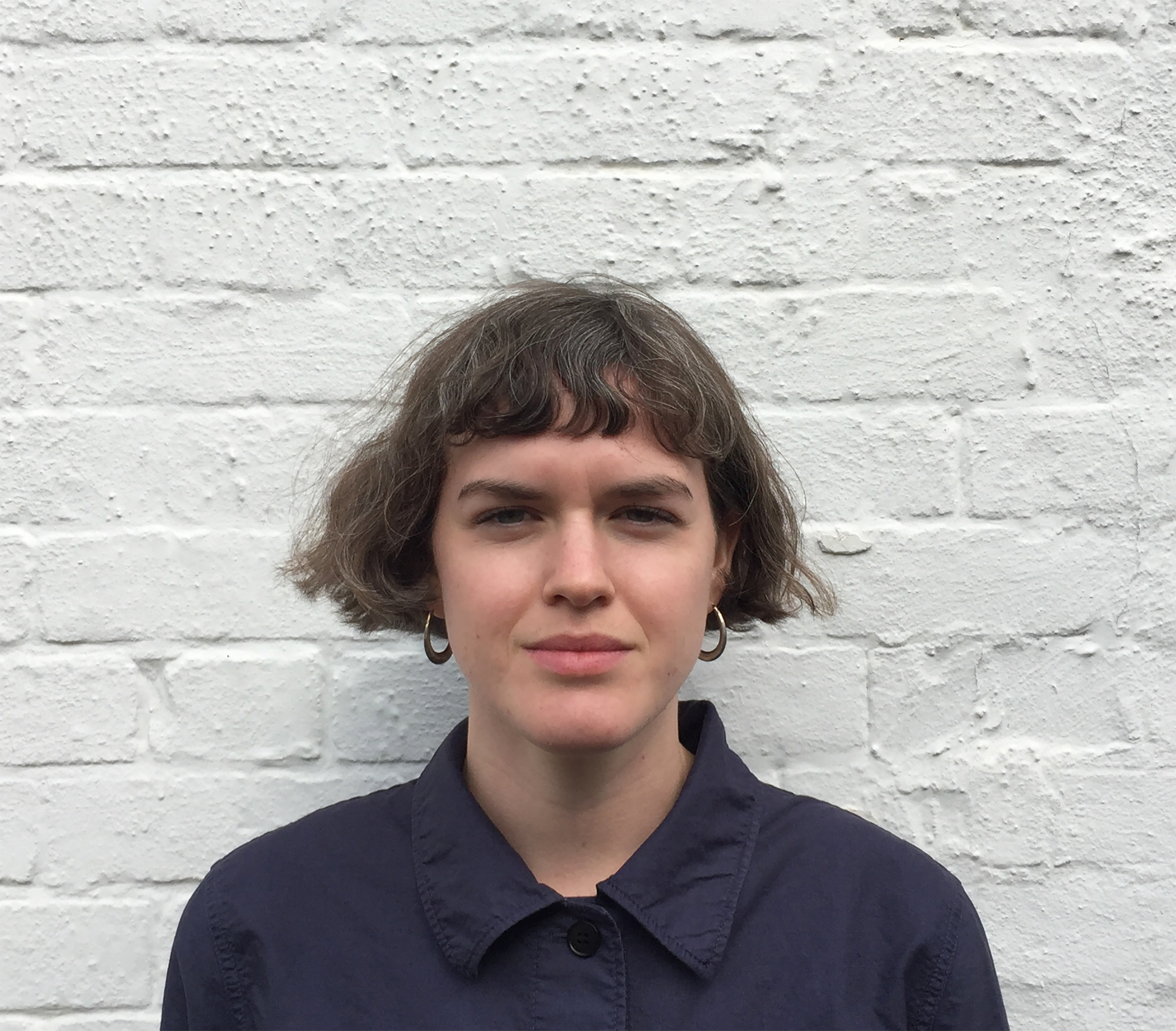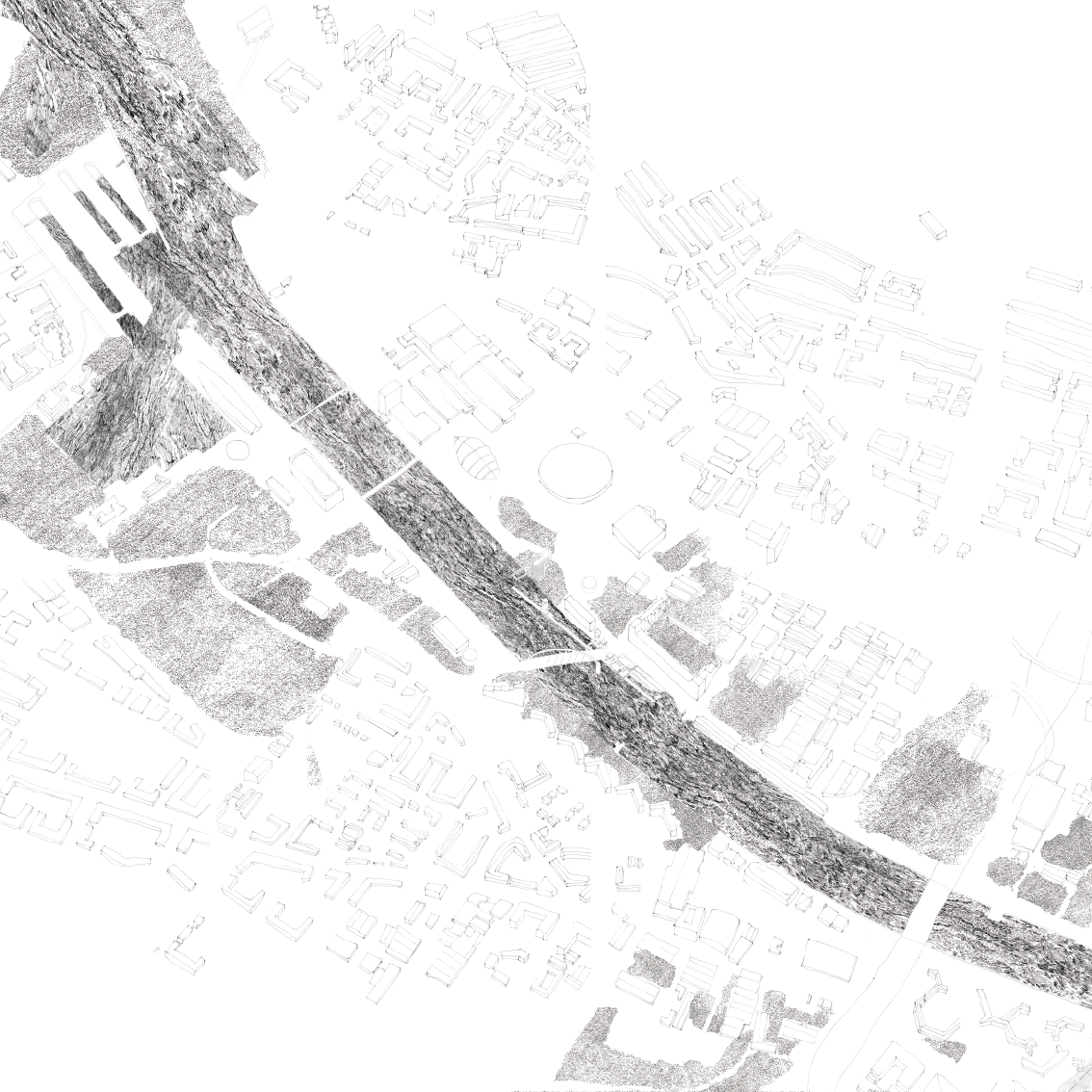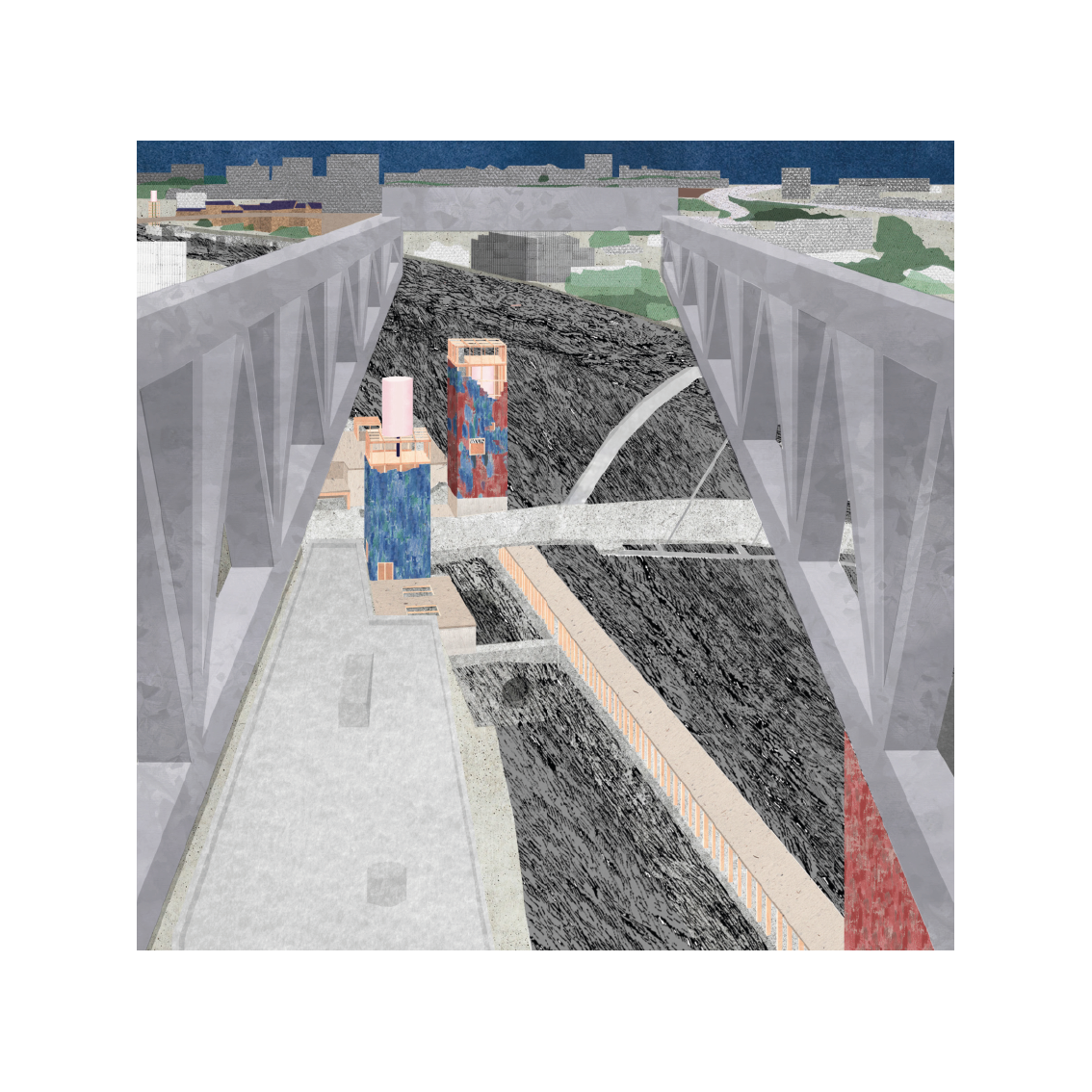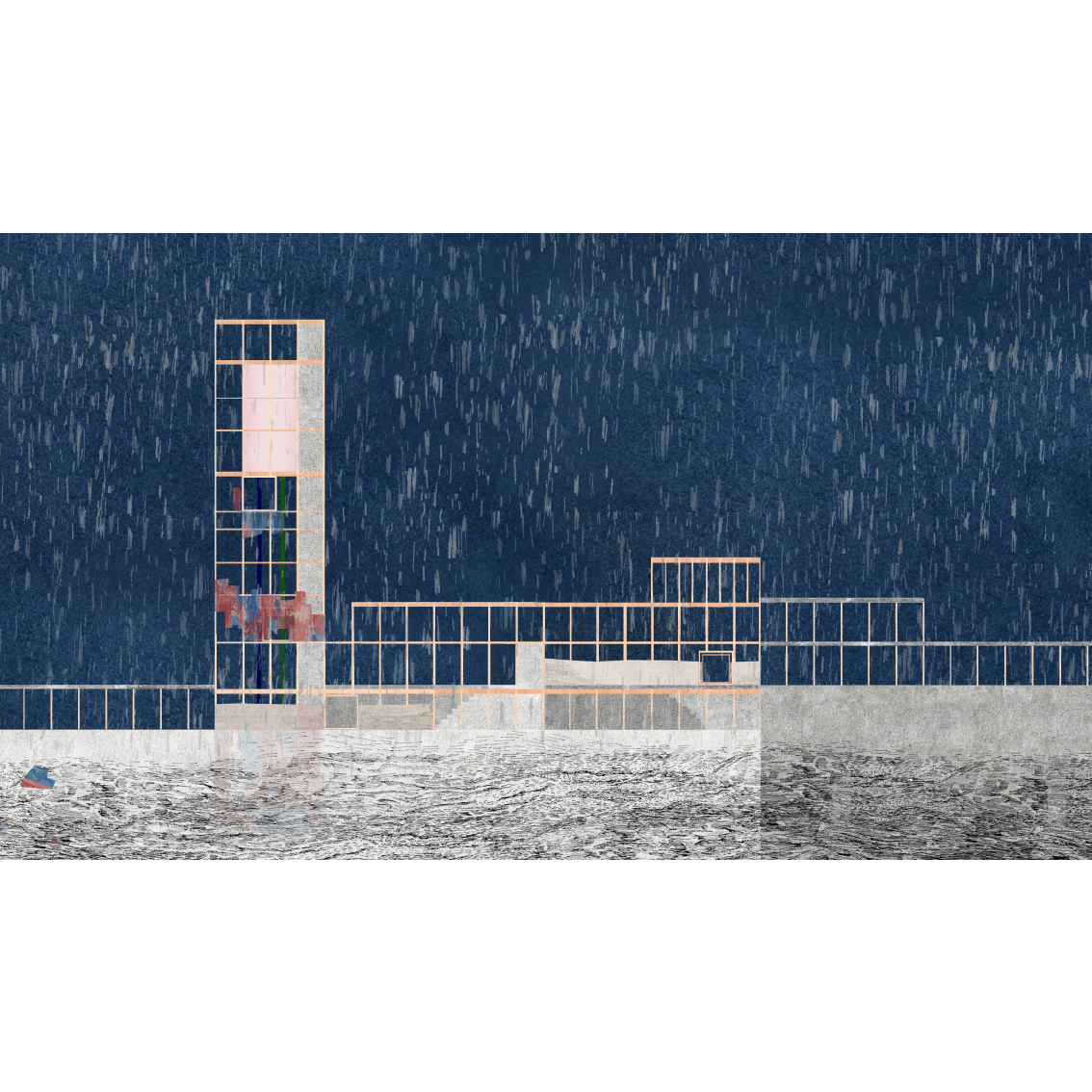Freya Spencer-Wood
Faculty of Architecture and the Built Environment
Fragile state(s): lines, walls and the possibility of interrupting processes of privatisation
Situated in the uncertain context of late-capitalism and Brexit, Fragile state(s) is a critique of how architecture, a profession that often claims to mediate and resolve socio-political and economic issues through spatial intervention, is a vehicle that continuously drives marginalisation, embodied state violence and power. Buildings make conflict, control and prejudice visible.
The thesis proposes an architecture that can instead unfix, destabilise, blur lines and edges, acting at fragile moments uncovered within oppressive socio-political processes, seeking a relational practice through which collectivity and publicness can be maintained.
Freya is interested in the relationship between politics and architecture and how this dialogue can be made as open and accessible as possible. At the point where these conversations are accessible and engage broad cross and inter-sections of society, architectural practice can become inclusive and supportive of the people it affects.
Currently working for a small urban design, landscape and architecture practice in London, she would eventually like to work in the public sector where she can be more closely involved with policy and planning. Freya is interested in the ways in which the relationship between politics and architecture is prescribed by policy and planning. She believes that architects and designers should have an understanding of how these bigger structures in place operate, in order to find ways in which they can be adjusted to ensure that the city supports everyone.
Freya is on her way to become a pioneering architect and an asset for the profession.
Graduation committee - Dr.ir. H. Khosravi, ir. H. van der Meel, dr.ir. A. Altes Arlandis
In her thesis project, she looked at the regeneration of the quay walls of the River Clyde in Glasgow and re-envisaged their ongoing private development in light of the city’s interrupted ecosystem, social mobility and shrinking public realm. Drawing upon histories of the city she proposed a network of infrastructural interventions that protect the river banks and associated landscapes from development whilst supporting local communities: creating spaces that share the relational characteristics of collectivity, productivity and intimacy.
Due to their temporality, the interventions avoid and then subvert processes of privatisation: landscapes become public, practiced and dynamic, as opposed to fixed, speculated upon and privatised. As the quay walls collapse, the global city post-Brexit expands: public land can be claimed back, lines become unfixed, identities and places can emerge and evolve, north, south, east and west become more connected and our relationships with people and place can continue to evolve.




